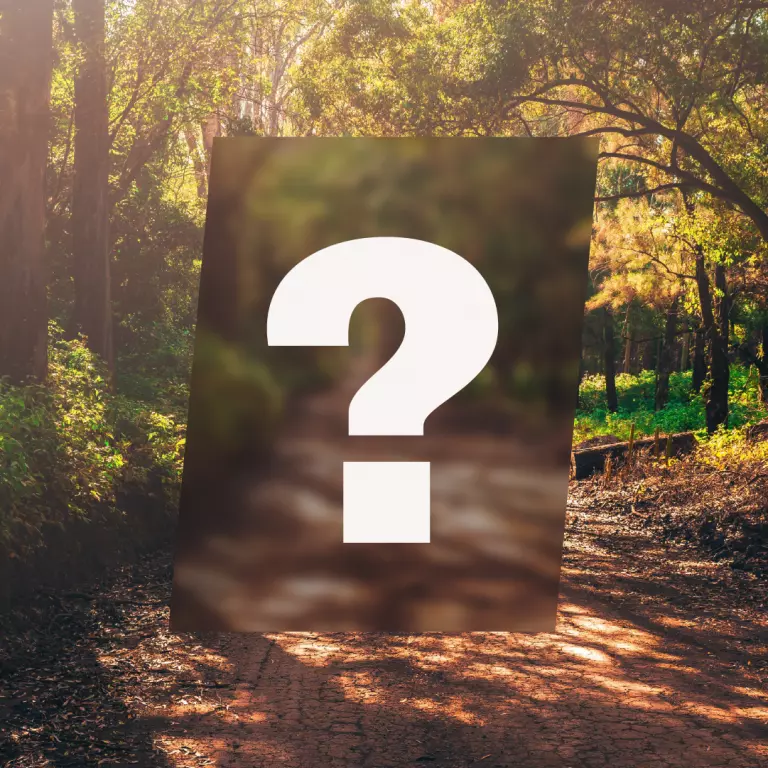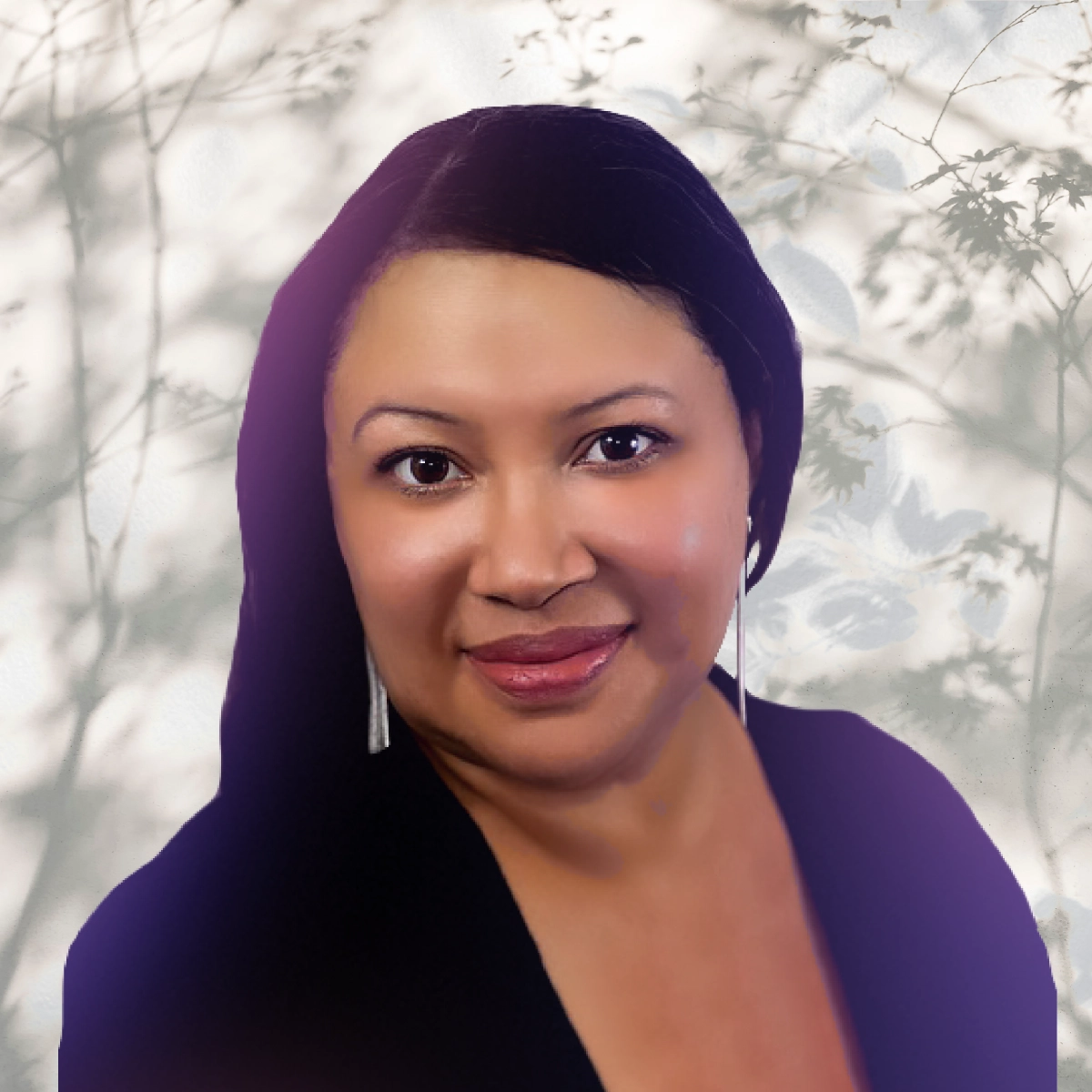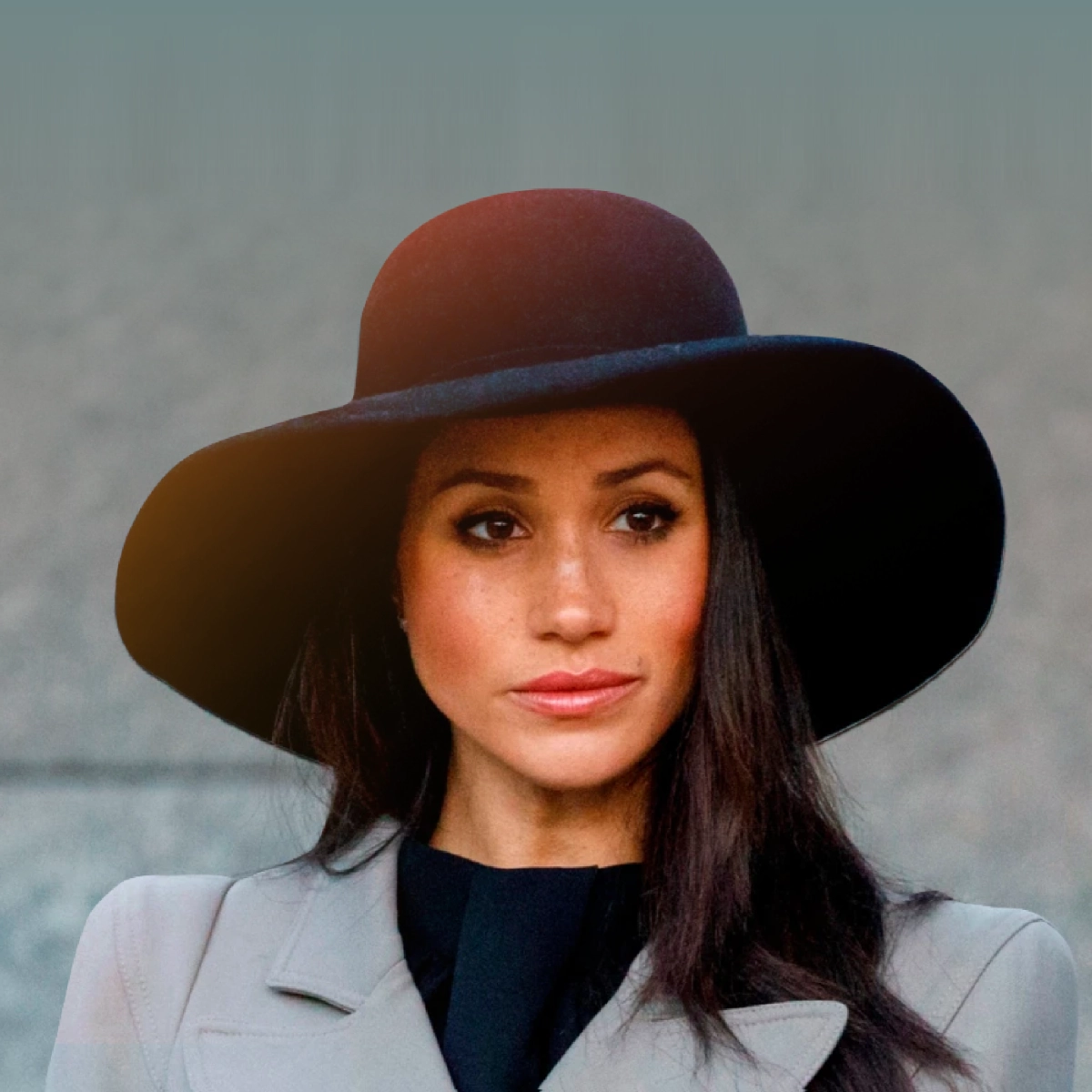Our hair is often misunderstood—even by us. As mixed, Black, Asian, Latinx, and Indigenous folks, the distinctive nature of hair, when met with societal expectations to assimilate, leaves many at an impasse. As if trying to defy gravity, many hours and money are spent to make our hair something that it’s not. What persistently deters one from embracing their natural tresses?
We all know our outside appearance dictates the way our image-based society treats us. Well before Instagram filters, likes, and fashion magazines, there was always the overarching expectation to “clean up nicely.” That standard is magnified when the color of skin and the seemingly untethered state of hair isn’t up to par with fair skin and coiffed hair. Even when societal beauty standards are met, there still lies indefinable insecurity and discomfort.
A 2019 episode of the podcast Code Switch asked in its title: is beauty in the eye of the colonizer? With a history rife with so many white standards, all beauty trends can draw their roots from colonization. Fairer skin, slender bodies, and silky smooth blonde hair have been paramount to what it means to be beautiful. From Botticelli’s vision of Venus to early twentieth-century American Gibson Girls to even Gossip Girl, the ideal head of hair has been shown to display soft-to-the-touch, loosely curled, effortlessly styled “no fuss” locks.
Anything deemed by Anglo culture as wild, untethered, and roughly textured, was, and continues to be, socialized as unacceptable at work, school, or even when out the door for an errand. Until recently, our media has only celebrated “messy buns” and other easy straight-hair styles. While lamenting the amount of time hair care takes, there is a silent disregard for the many hours different hair types have to put in to be seen as popularly acceptable. In her book Third Girl from the Left, Martha Southgate writes, “a girl would no sooner have run around with unstraightened hair than she would have run around naked. It would have been worse than running around naked, letting everyone see your naps.”
These white standards of “presenting well” are also seen in sports where U.S. gymnasts Gabby Douglas and Simone Biles were criticized on social media during the 2012 and 2016 Olympics for having a “messy” hairstyle, despite wearing the same style as their teammates and having brought home multiple gold medals.
There is an $89.7 billion-dollar beauty product industry preying on those climbing the upward hill of “ideal” hair and beauty. While all hair types buy products, people of color are most targeted by advertising to feel insecure. In the United States, the Black population makes up a third of the Non-white population but accounts for almost 90% of the spending in the ethnic-hair market. Beauty editor Aimee Simeon attests this by saying, “I spent more hours in the hair aisle at Target than my broke college-student self could afford, buying every leave-in conditioner and curl butter I could find.” Products are known to give that brief moment of satisfaction but fully motivate the continued sense of insecurity.
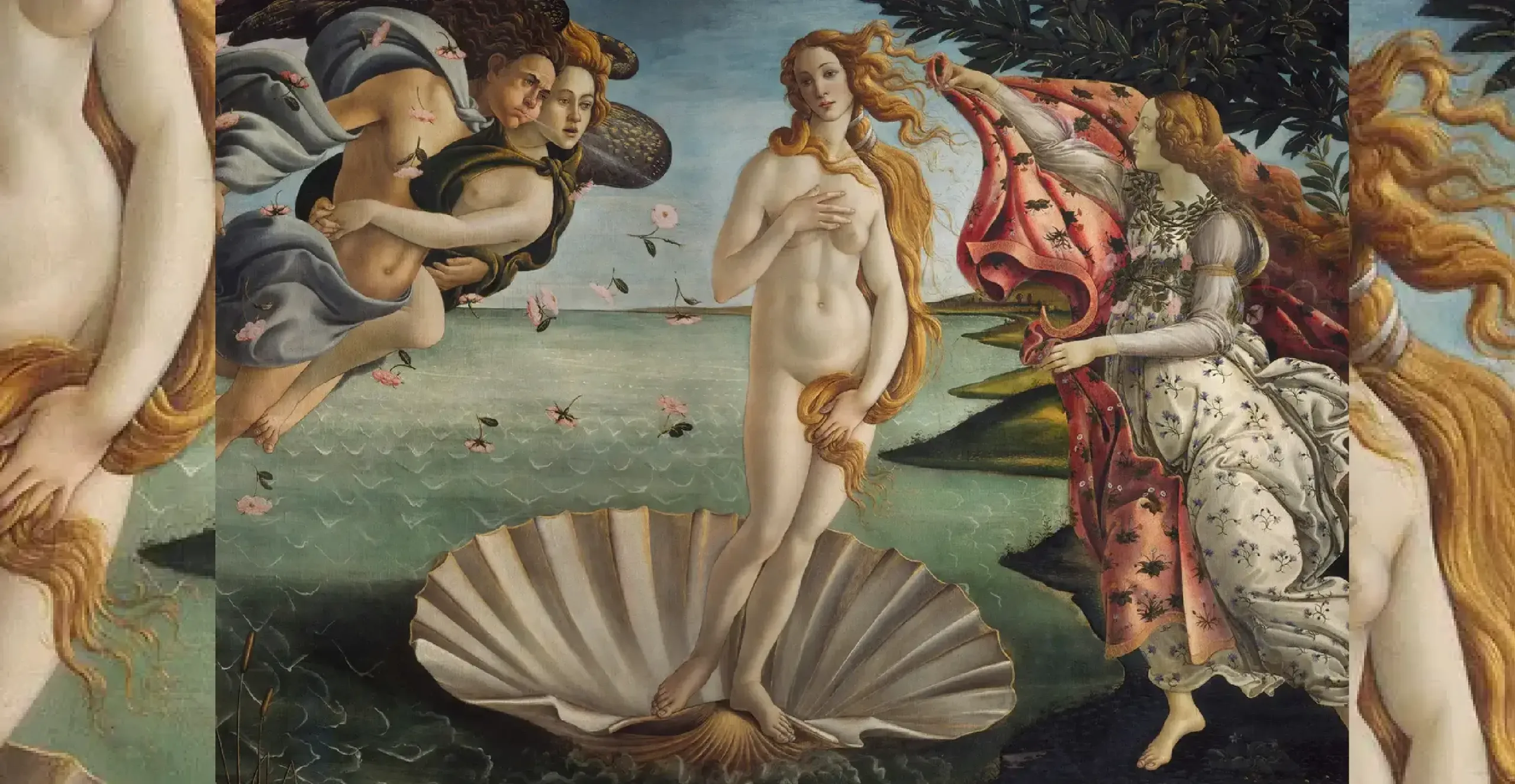
When looking closely at natural hair, there is so much to celebrate. Hair has long been an integral part of many diasporas’ cultures. Natural styles of Black hair (like cornrows, locs, and Afros) have been an expression of culture for decades. Indigenous braids symbolize strength and community, showing braided hair standing stronger than a single strand. Cutting hair to grieve an immediate family member’s death or signify a traumatic event or significant life change is standard in many Indigenous cultures. For people whose ancestry is rooted to warm parts of the world, curly hair exists for protection from the sun. While curly hair doesn’t absorb water when sweating, it performs way better by cooling the body.
Even with so much cultural and genetic heritage to celebrate, it’s hard to remember it all when Venus de Milo’s wavy hair attracts millions to her image in Florence—meanwhile, another beloved Venus, Venus Williams, gets her hair beads penalized at a tennis match.
It’s taken movements such as the natural hair movement of the 1960s and its current wave since the early 2000s to push back and empower against Eurocentric standards. However, as soon as “going natural” began trending amongst white celebrities—from Gwyneth Paltrow’s Goop brand to headlines of Ashton Kutcher and Mila Kunis only using water for bathing vital areas—pushback against this privilege was made very clear. On Twitter, writer Jemele Hill wrote:
“Celebrity white folks bragging about not showering have the privilege of not worrying about stereotypes that they’re inherently ‘dirty.’ Black folks don’t have this luxury. ‘Most’ of us were raised to be obsessively clean because we always have to ‘present well’ for white folks.”
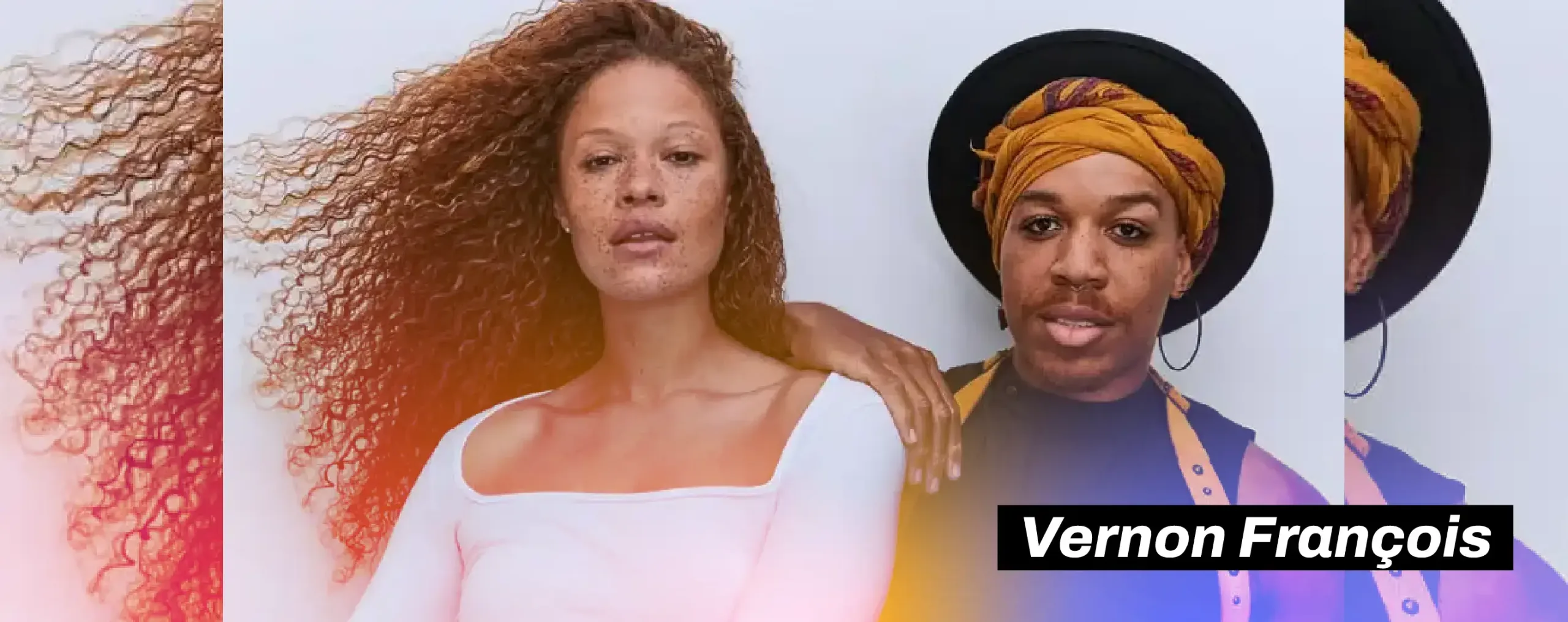
As white standards continue to persist, many have asked: how can we decolonize Eurocentric beauty standards? It’s a tall order but can be done with minor changes. We can first destabilize the highly orchestrated desire for what we don’t have by redefining what it means to be beautiful. The goal of the natural hair movement was to reclaim the identity of Blackness that colonizers framed as undesirable. The natural hair movement destigmatized that label by affirming that Black hair is beautiful and deserves to be worn with pride.
As people continue to explore their natural hair, mainstream media has helped protect and normalize it. Black hairstylists are becoming more prominent and contracted for major works like Araxi Lindsey on the set of Black-ish, who has been the department head for the television show since its pilot. Social media influencers like Vernon François, a British hairdresser, are well known for styling natural hair, especially curly & Afro hair. Sisters Monica Simeon and Marina TurningRobe—both Spokane Tribe citizens-–founded Sister Sky, a brand fully dedicated to caring for natural hair from native roots.
Reserching hair care products can go a long way in decolonizing Eurocentric beauty standards. By finding and supporting smaller hair care brands dedicated to DEI, we can cut the demand supplying the $89.7 billion-dollar beauty product industry at the source.
Reminding yourself of your inherent radiance can reclaim power in whatever space is ahead. It’s important to remember that decolonizing Eurocentric beauty standards is not just throwing away snake oil hair products; it’s a reclamation of beauty and power. The journey begins with celebrating what is inherently yours. When you start your journey there, you’re already in the driver’s seat.


